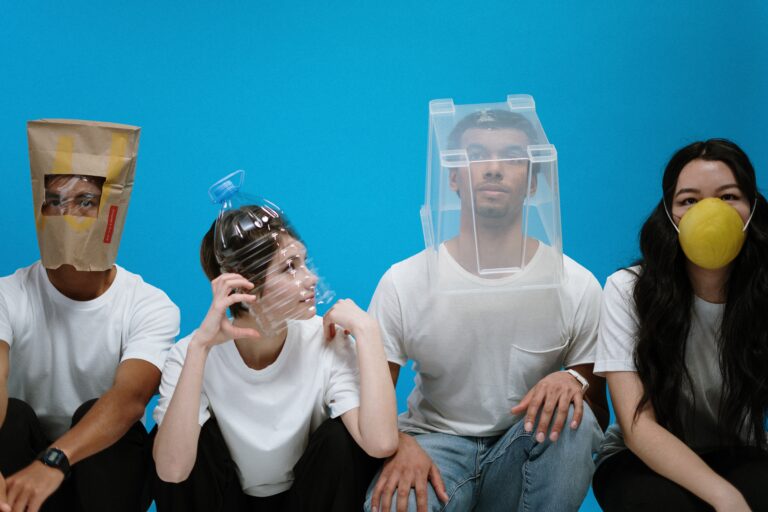Concussions and other traumatic brain injuries are often unavoidable. But tips for concussion prevention should be used at all costs. It’s an unfortunate reality that slips, falls, hits while playing sports, and even seemingly mild bumps can all cause injuries to the brain in addition to those that are physical.
Even worse, because you can’t see brain injuries, many people never even realize they have them. And while many new solutions can help you recover from these, the best option is to always prevent them from happening in the first place. You can do this in many ways, and some of the top tips are listed below.
Wear Protective Gear
Whether you play football, are on the wrestling team, ride horses, go skiing, or do any other physical sport, you should always wear a helmet. Helmets should be appropriately fit for your head size and have an American Society for Testing and Materials sticker on it.
Helmets that are ill-fitted or just designed for fashion are dangerous. Take the time to ensure yours are safe. A helmet won’t prevent a concussion but can help to avoid a more severe brain injury.
Concussion Prevention while Driving
According to the CDC, 14% of all traumatic brain injuries result from car accidents, so make it a priority to wear a seat belt whenever you get in your vehicle (and ensure passengers are buckled).
It’s also important to check that children fit into the right car seat based on weight, age, and height.
Wear The Right Shoes
Falling from wearing the wrong type of shoes can result in a brain injury, especially in dangerous conditions like ice or snow. Protect yourself by checking weather reports to ensure you have the right shoes for walking outdoors.
You should also wear proper footwear when playing sports, hiking, running, and other physical activities.
Clean Up Your Home
Clean up loose wires, secure rugs, fix broken floorboards, and install stairway railings to help prevent falls from occurring within your home. It’s also important to install window guards, safety gates, and crib side rails if you have children.
Protect The Bath
Place a nonslip mat in your shower and bathtub to help prevent falls while bathing. You should also have an absorbent mat on the ground next to the bath/shower to absorb water when you walk out.
Pay Attention to Your Surroundings
Many people experience brain injuries from slips and falls simply because they ignore where they are going. Be aware of your surroundings and always watch what’s in front of you to avoid the chances of injury.
Concussion Prevention, Following Concussion
Preventing a concussion or other head injury can be difficult, if not impossible. Preventing post-concussion syndrome can be equally as tricky. The best defense is taking steps to be sure your brain health is optimal.
When your brain is working optimally, recovery from a concussion happens quickly. Risk factors include depression, anxiety, anemia, blood sugar metabolism, dehydration, neurological weaknesses, and many others.
What if an Injury Already Occurred?
If you’ve suffered a brain injury, whether mild or traumatic, it’s essential to receive immediate medical care. After that, you should always follow up with an appointment with a functional neurologist.
Their in-depth approach to caring for brain injuries can mean finding effective ways to recover, even if the injury occurred many years ago. If this alternative form of care is new to you, it’s still worth checking out.
Looking For The Best Concussion Help In Minneapolis?
At The Neural Connection, we pride ourselves in being world-leaders in the functional neurology and brain-based rehabilitation sector for treating concussions and brain injuries. Check out our 88+ 5-Star Google Reviews to see what our patient’s say about us!
When you’re ready to chat, we’re here for you! Just click the link below to schedule your consultation.
Click here for a FREE 30-Minute Consultation
*Note: The information provided in this article is for educational purposes only and does not constitute a doctor-patient relationship. Patients are advised to consult their medical provider or primary care physician before trying any remedies or therapies at home.

